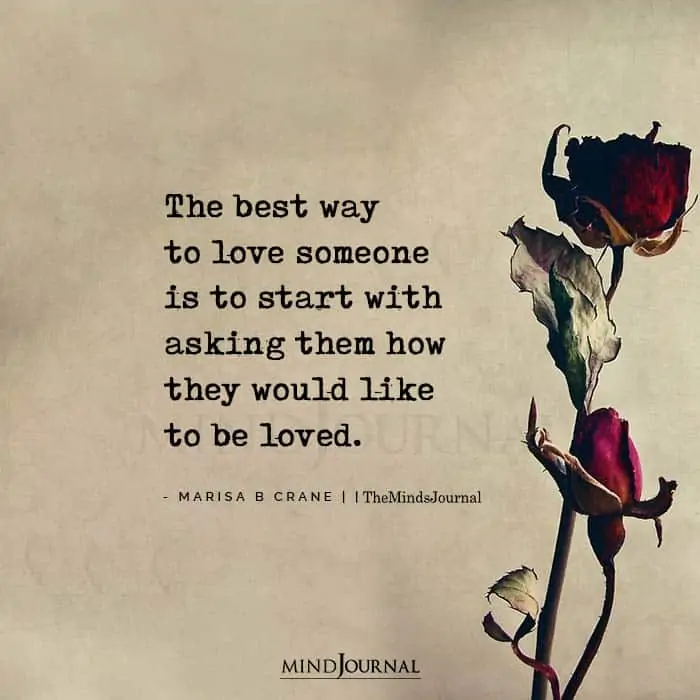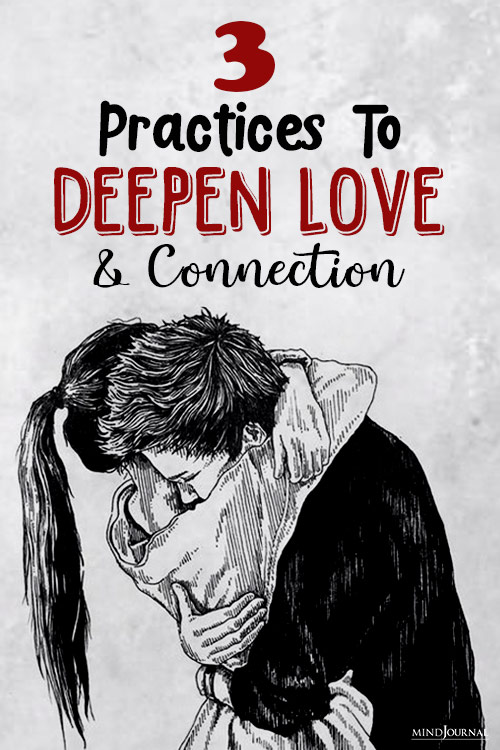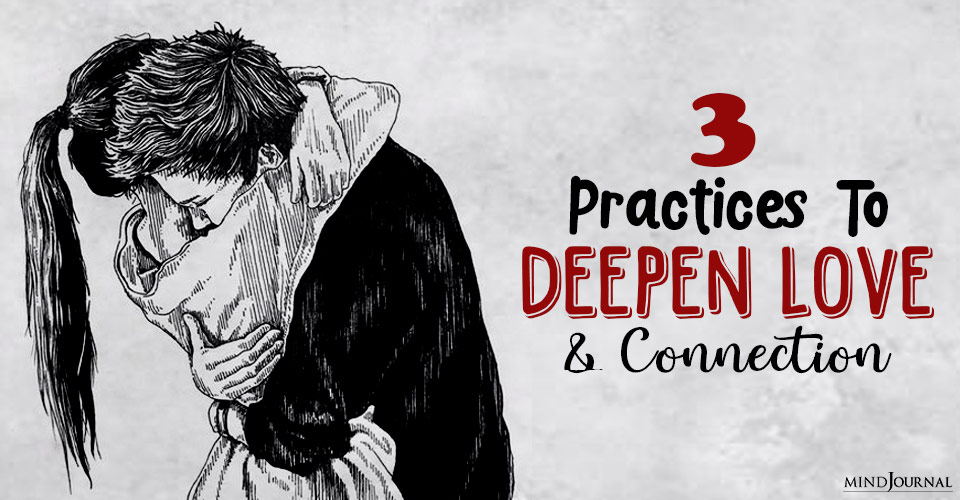Everyone desires a meaningful and deep relationship. But how to deepen love or enhance connection? All your doubts will be addressed by three best practices to show you how to nurture your love on a deeper level.
KEY POINTS
People often blame or judge their partner rather than explore their own role in relationship conflicts.
Reflecting on one’s felt experience and developing healthy communication skills can help resolve relationship challenges.
The process of confronting and discussing one's vulnerabilities requires strength and courage.
We enter a partnership with the best of intentions. But sadly, relationships often fail to fulfill their tender promise. How can we put a proper foundation under our fondest hopes and dreams?
Couples in my therapy office are often quick to itemize each other’s flaws, convinced that if they could persuade their partner to see the light, the relationship would improve.
It’s natural to want to understand why a relationship isn’t going well. Unfortunately, our attempts to understand what’s wrong often focus on our partner rather than explore how we might be contributing to the impasse.
Here Are Three Things We Can Practice On How To Deepen Love And Improve Our Relationships

Uncovering Our Felt Experience
Our internal dialogue about our partner’s flaws keeps us stuck in our pre-conceived ideas, opinions, and interpretations. Relationships don’t thrive when we cling to our cherished ideas about each other. We need to get out of our heads and access the feelings living in our bodies and heart.
Relationships are more likely to thrive when two people can take the elevator down into their felt experience, rather than cling to thoughts about their partner. Opening up to our feelings creates a climate where two people can look into each other’s inner world of feelings and longings—and move tenderly toward each other.
In the short run, it might give us a gratifying sense of certainty or control to analyze our partner instead of opening up to feelings that might be uncomfortable. It takes a willingness to expand our tolerance for being vulnerable to bring attention inside and ask ourselves with curiosity, “What am I feeling right now? What feelings arise inside me when my partner says or does X?” Through such self-reflective inquiries, we take responsibility for our own experience rather than perpetuate a destructive cycle of blaming and judging — and the predictable defensiveness it triggers.
Our partner or friend may be quick to argue with our interpretations and opinions about us. It’s more difficult to argue with our felt experience. What we feel is what we feel. We don’t need to justify feelings of sadness, hurt, fear, or shame; they are what they are. Noticing and communicating our feelings is the starting point for a potentially productive conversation.
Our partner or friend is more likely to hear us without getting defensive if we communicate our feelings rather than our unsolicited, critical, self-serving beliefs and perceptions about them.
It’s easier to pinpoint another’s flaws than to recognize our own. Bringing mindfulness to our own feelings and inner process requires that we draw upon another quality: courage.
Related: Emotional Safety is Necessary for Emotional Connection
The Courage To Look Inside
It may comfort us to believe that conflicts and difficulties are another’s fault. It’s easier to consider what’s wrong with them than to turn the mirror toward ourselves and wonder, “How am I contributing to our difficultly?” It takes inner strength and courage to uncover vulnerable feelings that we might judge as a weakness.
It takes awareness and courage (which derives from the word “heart),” to press the pause button when we feel activated by another’s hurtful words or behavior. We’re wired with a fight, flight, freeze response designed to protect us when there’s a real or imagined danger to our safety and well-being. This is what we’re up against in our important relationships! Tensions can escalate quickly, especially when one of both individuals grew up in an environment where they didn’t have healthy attachment with caregivers, which is necessary for developing an inner sense of security.
It takes awareness and courage to recognize what’s happening inside us without immediately succumbing to our survival-oriented reptilian brain and its predictable responses and unsettling aftermath. Approaches such as Focusing, Hakomi, and Somatic Experiencing help bring awareness to what’s happening in our body. Getting a handle on what we’re experiencing can soothe our emotions and suspend our reactions. Such pausing and mindfulness prepare us to reveal what we’re really experiencing inside.
Related: Intimacy Is Not Just Physical, It Is The Deep Bond Of Knowing
Communicating Our Inner World
We might think we’re good communicators, but what we need to ask ourselves is, “Am I communicating my critical thoughts and perceptions or conveying the more vulnerable texture of my inner life? Am I communicating from a tender place inside my heart or expressing what I think is wrong with my partner?”
As we bring gentleness toward our deeply felt experience, then, instead of saying, “You only think about yourself! You’re so self-centered,” we might find the awareness and courage to say, “I’ve been feeling lonely and sad. I want to feel more connected with you. I love spending time together and I need more of that.”
Marshall Rosenberg’s Non-Violent Communication (NVC) offers one helpful approach to hear each other’s inner life. As we convey our inner world of feelings and needs, we’re more likely to touch our partner’s heart.
Pausing to notice what we feel and want and patiently communicating our felt experience can help cultivate the deeper connections we want.
Related: 3 Reasons Why Communication Is Crucial For Sustained Intimacy
© John Amodeo
Learn to inculcate these practices in your relationship on a regular basis to strengthen your bond, because you can always fall passionately in love again.
Written by: John Amodeo
Originally appeared on: Psychology Today
Republished with permission









Leave a Reply
You must be logged in to post a comment.